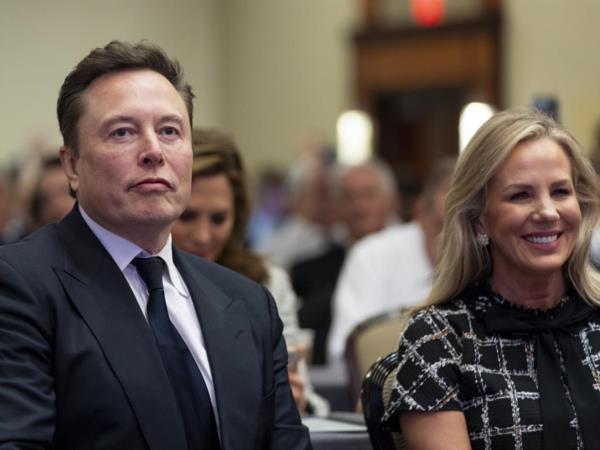
Elon Musk has emerged as a significant financial supporter of Donald Trump's presidential campaign, contributing over $260 million to various groups aimed at bolstering Trump's reelection efforts. Musk's contributions make him one of the largest single political underwriters of the campaign, highlighting the substantial influence of the world's wealthiest individual on the election.
One of the major recipients of Musk's donations was America PAC, a super PAC founded by Musk, which received $238 million to mobilize voters in key states in support of Trump. Additionally, Musk backed other groups that emerged late in the campaign, including RBG PAC, to defend Trump's stance on abortion. Musk donated $20.5 million to RBG PAC, a group formed in mid-October, which sought to draw parallels between Trump's abortion views and those of the late Justice Ruth Bader Ginsburg.
Furthermore, Musk contributed $3 million to the MAHA Alliance, a super PAC that ran ads urging supporters of Robert F. Kennedy Jr. to back Trump in swing states. Kennedy had previously endorsed Trump after ending his independent campaign. The MAHA Alliance aimed to promote Trump's healthcare agenda, with Kennedy, known for his anti-vaccine beliefs, set to oversee the Health and Human Services Department.



As Trump transitions to a second term, Musk has been appointed, alongside Vivek Ramaswamy, to lead the Department of Government Efficiency (DOGE) to streamline government spending. Trump has also selected other major donors for key roles in his administration, such as Howard Lutnick heading the Commerce Department and Linda McMahon as Education secretary.
Notable late donors to pro-Trump super PACs include venture capitalists Marc Andreessen and Ben Horowitz, who contributed $23 million to Fairshake, the crypto industry's main super PAC. Fairshake and its affiliates have already amassed a $78 million fund for the 2026 midterm elections, signaling continued financial influence in future political campaigns.
Trump's evolving stance on cryptocurrency, from skepticism to advocacy, has attracted support from industry figures like Paul Atkins and David Sacks, who are set to lead regulatory and policy efforts in the Securities and Exchange Commission and White House, respectively.







